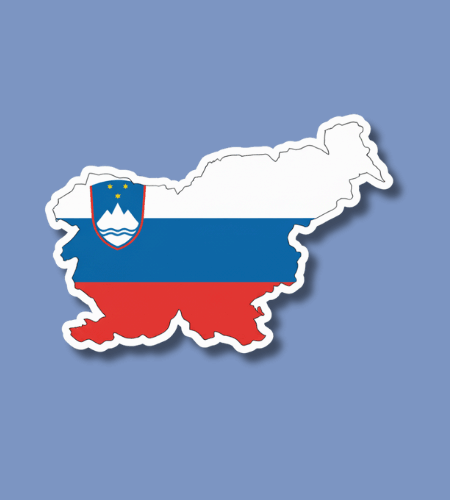Sovereignty Day, observed in Slovenia on October 25, commemorates the final departure of the Yugoslav People’s Army from Slovenian territory in 1991—marking a key moment in the establishment of Slovenia’s full sovereignty.
History of Sovereignty Day in Slovenia
On the night of October 25–26, 1991, the last ship carrying Yugoslav People’s Army troops left the Port of Koper, symbolizing the end of the army’s presence on Slovenian soil and thus a final step in Slovenia asserting itself as an independent state.
The holiday itself was officially proclaimed on March 9, 2015 by the Slovenian National Assembly, following initiatives from veterans’ organizations and political groups, to mark this moment of national unity and sovereignty.
Why is Sovereignty Day in Slovenia important?
When I reflect on this day, it strikes me as much more than a historical milestone—it’s a reminder of what can be achieved when a people decide to chart their own course. The departure of the final troops did not just symbolize an end of conflict, but the beginning of a new chapter for Slovenia—one where the nation could define its own governance, culture, and future. The day invites citizens to consider how sovereignty isn’t just legal, but lived in everyday institutions, freedoms, and collective responsibility.
It also poses a subtle but meaningful question: how do we safeguard that sovereignty beyond military withdrawal? In a world of interconnected economies and global challenges, the celebration reminds us that sovereignty has to be maintained through wise governance, strong civic culture, and shared values—not just historic events. It encourages us to see independence as an ongoing process, not a one‑time achievement.
Here are five personal reflections on the day’s importance:
- It honours those who served and stood for the nation’s autonomy, and reminds us their efforts matter.
- It rekindles a sense of national identity and continuity—linking past struggles to present freedoms.
- It encourages vigilance: sovereignty isn’t automatic; it requires care and participation.
- It marks a point of unity across generations—veterans, youth, citizens all connected by that moment.
- It offers an opportunity to reflect on how independence shapes our everyday rights, responsibilities and choices.
How to Observe Sovereignty Day in Slovenia
Celebrating this day doesn’t require grand ceremonies—simple acts rooted in reflection and community are powerful. You might join a local commemoration in your area, perhaps at a monument or veteran’s event, and take a moment to think about what national sovereignty means in your own life—your rights, your voice, your role. Or you might invite conversation with friends or family: what does being a sovereign state mean to you today, in a broader European and global context?
On a personal level, you can also look back at family stories or local history—many Slovenian communities experienced the 1991 events in very real ways—and reconnect with that legacy. The day presents a chance to revisit civic responsibility: to consider our individual part in maintaining freedom, justice and social cohesion.
Here are five friendly ideas for observing the day:
- Attend a community or municipal event recognizing October 25 and the withdrawal of the army.
- Visit a historical site or museum exhibition about Slovenia’s independence and the Ten‑Day War.
- Talk with someone from an older generation about what those events meant locally where they lived.
- Reflect quietly on what sovereignty and independence mean for you personally—write, draw, discuss.
- Use the day to recommit to being an engaged citizen: vote, volunteer, stay informed and uphold rights.
Sovereignty Day in Slovenia Dates Table
| Year | Date | Day |
|---|---|---|
| 2026 | October 25 | Sunday |
| 2027 | October 25 | Monday |
| 2028 | October 25 | Wednesday |
| 2029 | October 25 | Thursday |
| 2030 | October 25 | Friday |
Subscribe to our newsletter and never miss a holiday again!

